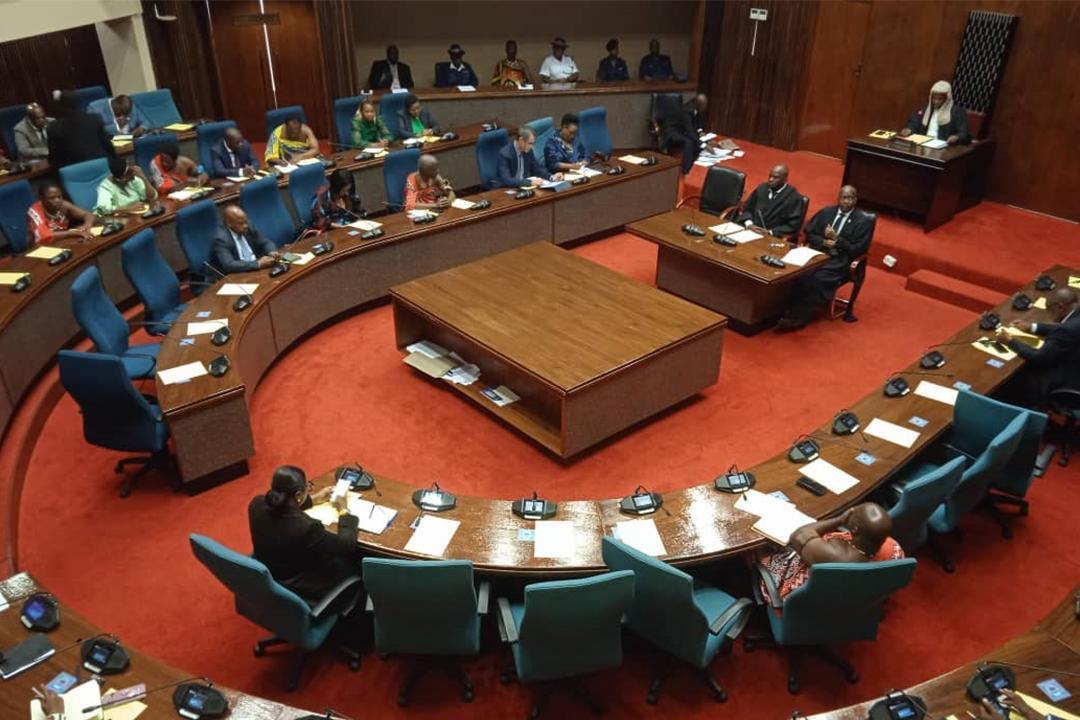Africa-Press – Eswatini. In a decision that’s rippling through both environmental and industrial circles, Members of Parliament (MPs) have opted to suspend the country’s ban on single-use plastics for another seven years, citing a lack of viable eco-friendly alternatives.
The dramatic extension, passed on April 24, 2025, comes after a thorough probe by a Parliament Select Committee, which found that the much-touted “eco-friendly” replacement bags were not entirely eco-friendly after all.
Committee Chairperson Khubuta MP Masiphula Mamba led the report’s presentation, highlighting that the proposed alternatives are still plastic-based and, therefore, not biodegradable. His deputy, Mhlambanyatsi MP Dr Bonginkosi Dlamini, offered a mini science lesson in the House: “True eco-friendly materials are meant to be consumed by micro-organisms. If these bags can’t be digested by nature, are they truly green?”
The committee was formed following growing concerns from manufacturers, recyclers, and the public, who questioned Eswatini’s readiness to implement the ban, initially set for December 1, 2024, and later postponed to January 31, 2025.
Despite the suspension, MPs emphasized the country’s ongoing commitment to environmental awareness. Mamba pointed to the “Phatsa Sakho Nawe” (Carry Your Own Bag) campaign as an example of practical citizen-led conservation that has thrived even with plastic bags still in circulation. “We’re not giving up on the environment. We’re just choosing a more practical path forward,” said Mamba.
He also noted that His Majesty King Mswati III recently commended national efforts to maintain a cleaner environment, with measurable improvements of up to 30%.
Global Perspectives: Trump and Beyond
The delay in Eswatini echoes global conversations around the complex reality of phasing out plastics. In the United States, former President Donald Trump repeatedly opposed federal regulations on plastic bans during his administration, famously criticizing cities that outlawed straws and grocery bags. “What’s next? We ban everything?” Trump once asked at a campaign rally, arguing that the issue was “overblown” and that American manufacturing should not be punished for producing plastic goods.
Globally, however, many countries have chosen a different path. Rwanda has enforced one of the strictest plastic bag bans since 2008. Kenya follows closely, with severe fines and jail terms for violations. Meanwhile, the European Union continues to push for a complete ban on single-use plastics, targeting items like cutlery, plates, and straws.
These global case studies have made one thing clear: replacing plastic is not just about policy—it’s about infrastructure, innovation, and changing habits. Eswatini now stands at a crossroads, balancing environmental urgency with practical readiness.
For More News And Analysis About Eswatini Follow Africa-Press







